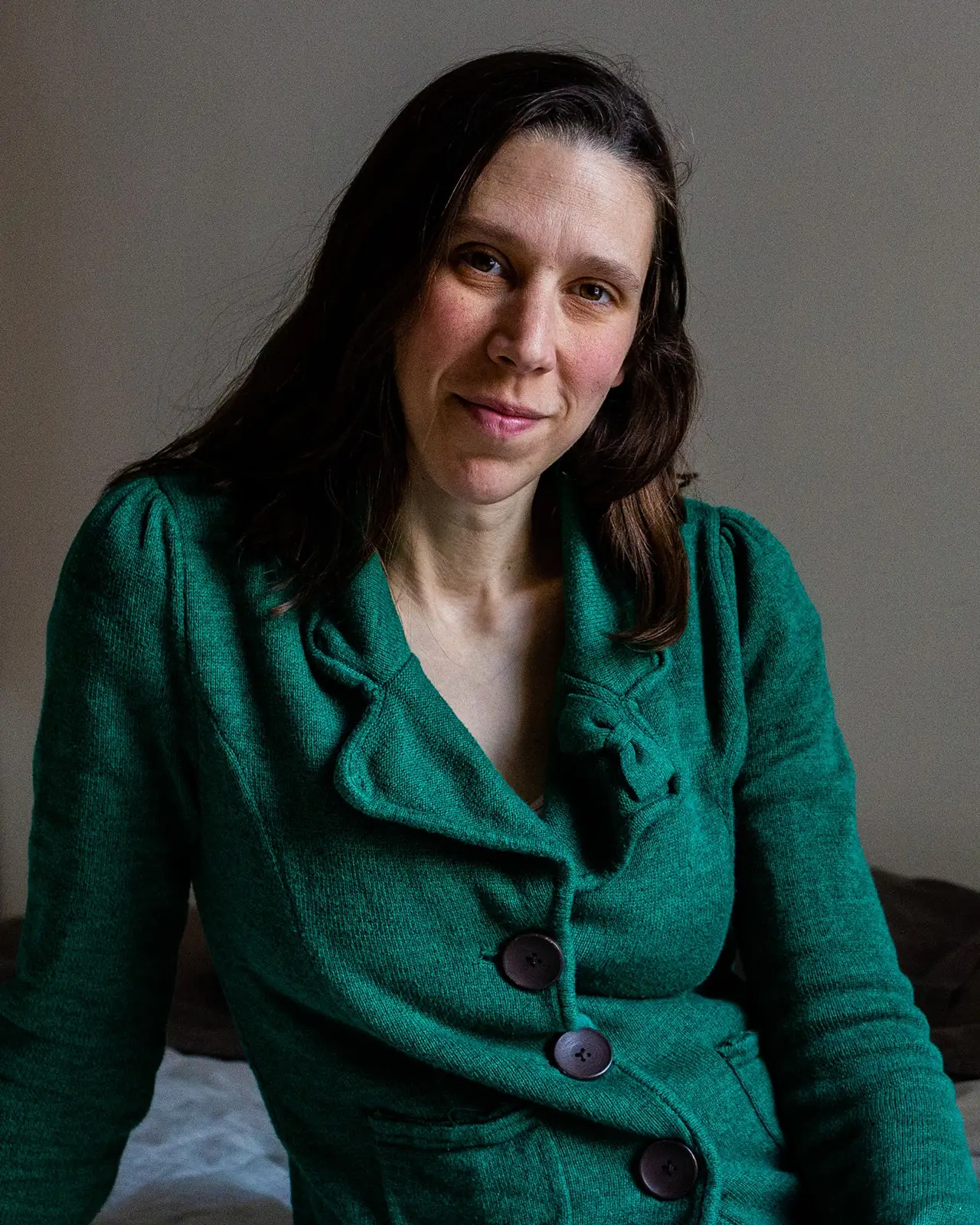Get some clarity.
This isn’t junk mail… this is life mail. These are strategies for your real life. My newsletter, Clarity, gets delivered to over 30,000 people each week to help them get clear on how to be the parent your neurodivergent kid needs. I’d love to help you, too. Subscribe now, it’s free.








Thanks so much for this episode. It's especially an issue for women, and very hurtful, as we've been conditioned from birth to try and fit in. If you grew up in the golden age of bullying, this idea was reiterated every day at school – especially if you may also have had some of the atypical wiring that your child has. So you often had your own trauma, then your kid goes to school and it starts again. Questions from kindergarten teachers about our kid included “Is someone hitting him?” to “Let's talk about where you are going wrong.” A lot of staring and whispering from other moms, who could have functioned as support, but did the opposite. Under these circumstances, how can a mom develop confidence about any of their own parenting? I appreciate that you discussed this.
You're so right. I think the confidence has to come from within to a great extent. When you follow what you know you need to do for your kid and their experience improves, that helps with confidence. When you work on accepting that you're doing what's right for your child, even if no one else gets it, that helps with confidence. We don't “need” the validation of others to be the parent our kids need, not matter how much it feels like we do.
Thanks so much for this episode. It's especially an issue for women, and very hurtful, as we've been conditioned from birth to try and fit in. If you grew up in the golden age of bullying, this idea was reiterated every day at school – especially if you may also have had some of the atypical wiring that your child has. So you often had your own trauma, then your kid goes to school and it starts again. Questions from kindergarten teachers about our kid included “Is someone hitting him?” to “Let's talk about where you are going wrong.” A lot of staring and whispering from other moms, who could have functioned as support, but did the opposite. Under these circumstances, how can a mom develop confidence about any of their own parenting? I appreciate that you discussed this.
Sorry, copied the first response by accident.
Thanks Penny, you're helping a lot of people here!
♥️
You, ladies, talked from not just from your experience but from your heart. Thank you so much for making us, as well professionals more aware of what you are dealing with and give us a best understanding of what our parents and clients are passing through.
Thank you so much for learning more about the parenting experience! ♥️